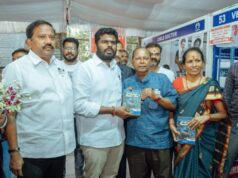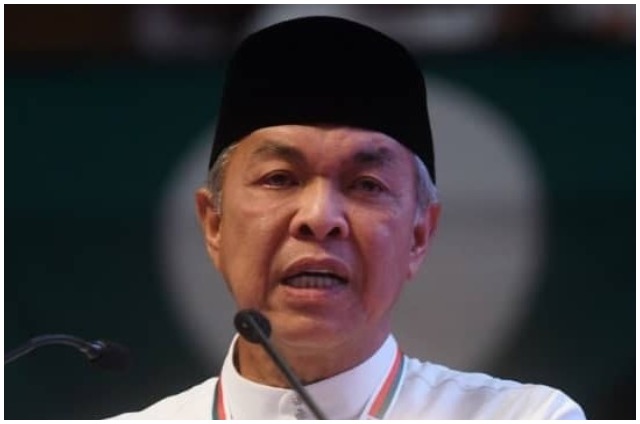 By Shakir Husain
By Shakir Husain
NEW DELHI — India’s national election is due before May, but political parties are in a campaigning mode even without an official announcement.
A united opposition rally in Kolkata last Saturday brought together many grandees opposed to Prime Minister Narendra Modi’s ruling Bharatiya Janata Party (BJP).
The show of strength, organised by West Bengal Chief Minister Mamata Banerjee, attracted leaders of 18 political parties and an estimated half a million people.
In the 2014 general election, the BJP won by a landslide, riding on what was seen as the “Modi wave” propelled by the big promises of inclusive economic development and prosperity.
A lot has changed since then, with youth discontent about jobs and farmer distress growing.
 Opposition leaders are encouraged by the BJP’s defeat in the recent assembly elections described as the “semifinals” before the general election.
Opposition leaders are encouraged by the BJP’s defeat in the recent assembly elections described as the “semifinals” before the general election.
The main opposition Indian National Congress party last month took power in Rajasthan, Madhya Pradesh and Chhattisgarh, three key states in the Hindi heartland, also known as the “cow belt”.
Rivals have intensified their attacks on the BJP, raising a number of issues that they believe would hurt the ruling party.
Prominent issues include alleged wrongdoing in the Rafale fighter jet deal India has signed with France, the controversial “demonetisation” of 2016 in which two high-value banknotes were scrapped and replaced with new notes, financial woes of farmers, dissatisfaction with the goods and services tax (GST), and the rising incidence of mob lynchings and violence.
The opposition believes it is in a strong position to exploit voter dissatisfaction.
“Everyone has come together for the sake of the country. The beginning of the end of the BJP started today… They have passed their expiry date,” Banerjee said at Saturday’s rally.
No opportunity for attacks and counterattacks is being missed.
Prakash Javadekar, a federal minister, said the opposition only wanted to get rid of Modi but this could lead to “anarchy” in the country in the absence of a strong leader.
Responding to the opposition’s “grand alliance”, Modi in a speech called it “a cry for help” and a desperate attempt to unite against him.
“It’s but natural for them to get angry as I’ve prevented them from looting public money. Consequently, they have now formed an alliance… whose only job is to oppose me. No matter how many ‘gathbandhans’ (alliances) they forge to save their families and kingdoms, they cannot run away from their misdeeds,” Modi was quoted as saying in a newspaper report.
Congress president Rahul Gandhi, who looks more confident in his speeches these days, responded to Modi with an acerbic tweet, which quoted the news report with the prime minister’s remarks.
Gandhi said: “The cries for help are the cries of millions of unemployed youth; of farmers in distress; of oppressed Dalits & Adivasis; of persecuted minorities; of small businessmen in ruin; begging to be freed from your tyranny & incompetence. In 100 days they will be free.”
It remains to be seen how the BJP will take on a resurgent opposition.
— BERNAMA










